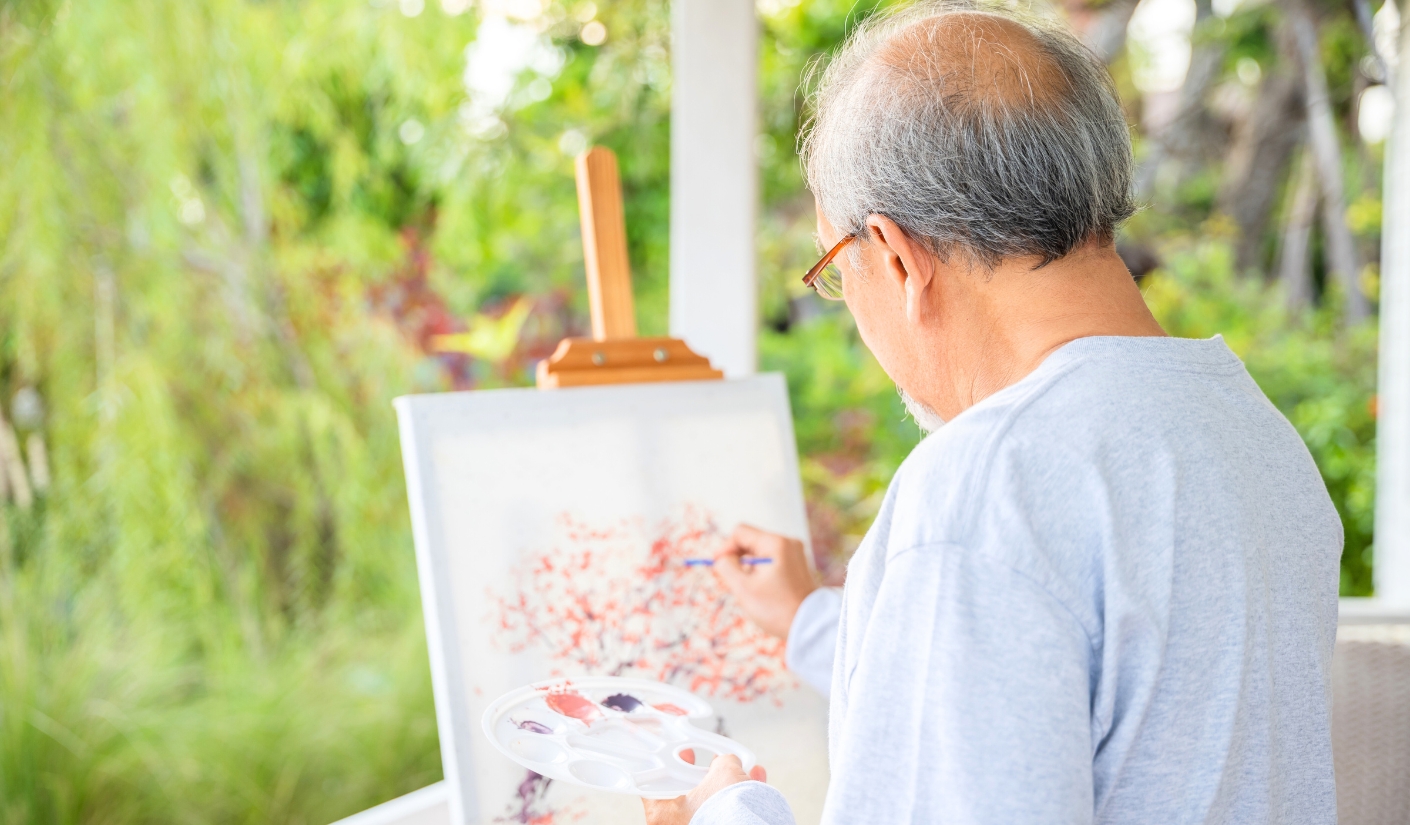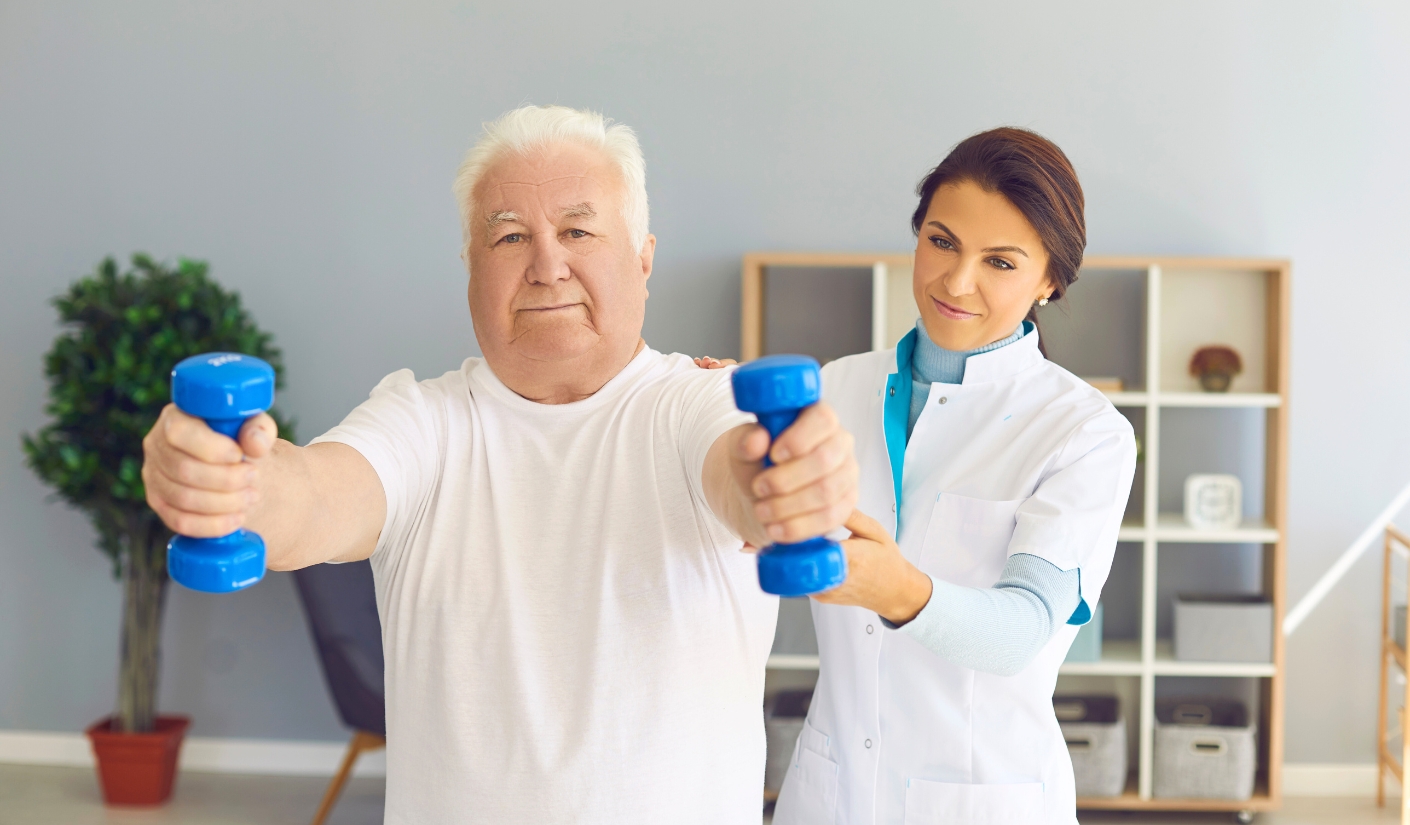Staying hydrated is an essential part of healthy aging, especially for those 65 and older. As we age, our risk of becoming dehydrated increases for a number of reasons. Foremost, our ability to conserve water decreases with age making it more difficult to stay properly hydrated. Older adults may also experience a diminished sense of thirst, which can be caused by age and even some medications. While dehydration might not seem like a major health concern, it can ultimately lead to poor health and medical outcomes, increased hospitalization and even premature death.
Symptoms of Dehydration
Dehydration is one of the ten most common causes of hospitalizations in older adults. While dehydration can look different for each individual, there are some common signs which can include headaches, constipation, muscle cramps, dry mouth and fatigue. Dark urine is also a common side effect of dehydration and can act as a good warning sign. If a person is getting enough water, their urine should be lighter in color. However, it’s important to note that some medications can interfere with urine color. Other common symptoms of dehydration can include decreased urination, dizziness, confusion, low blood pressure, cold hands and feet and increased heart rate.
Benefits of Drinking Water
Drinking enough water is a simple way to take charge of your health. While it can feel difficult at times, getting adequate hydration throughout the day actually has numerous health benefits such as improving cognition and reducing joint pain. Here are a few ways your body benefits from hydration:
- Improved brain performance. According to the National Council on Aging, even mild dehydration can affect one’s memory, concentration and reaction time. Proper hydration helps stabilize your emotions and can even decrease feelings of anxiety.
- Aids with digestion. Proper hydration can decrease the risk of constipation and ensure the digestive system is working properly. Water helps transport nutrients throughout the body and also allows waste products to leave.
- Provides more energy. Dehydration can decrease the amount of oxygen that gets to the brain, causing your heart to work harder and ultimately making you feel more tired. By drinking more water, you’ll prevent dehydration and feel more energized throughout the day.
- Decreased joint pain. The cartilage in our joints is actually made up of 80% water. Staying hydrated throughout the day can increase lubrication in our joints, reducing friction between the bones.
- Regulates temperature. Our bodies store more heat when we’re dehydrated, which lowers the ability to tolerate warm temperatures. Dehydration also prevents our bodies from being able to sweat when we overheat, putting us at great risk of heat stroke and other heat-related illnesses.
- Prevents kidney stones. Kidney stones develop when mineral crystals form within the urinary tract. Kidney stones can be extremely painful to pass and can cause complications if gone unaddressed. Staying hydrated helps dilute the minerals found within the urinary tract, which helps prevent kidney stones from developing.
Tips for Staying Hydrated
Drinking water isn’t the only way to stay hydrated. In addition to consuming water, there are a number of different ways we can stay hydrated from the foods we eat. In fact, most fruits and vegetables have a high water content. Watermelon, strawberries, cantaloupe and oranges are great sources of hydration and have added fiber and nutrients that also boost immune function. Eating soups and smoothies with your meals will also help you consume water in a more fun and filling way. Adding raspberries, lemons and cucumbers can make drinking water feel like a treat.







